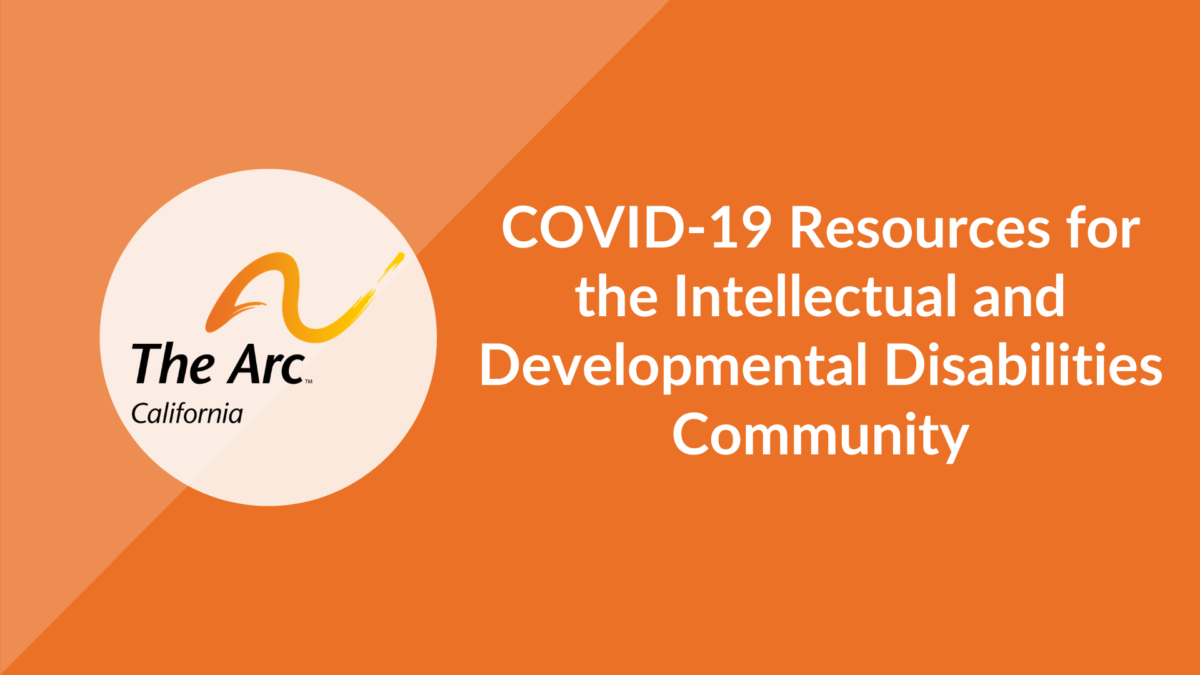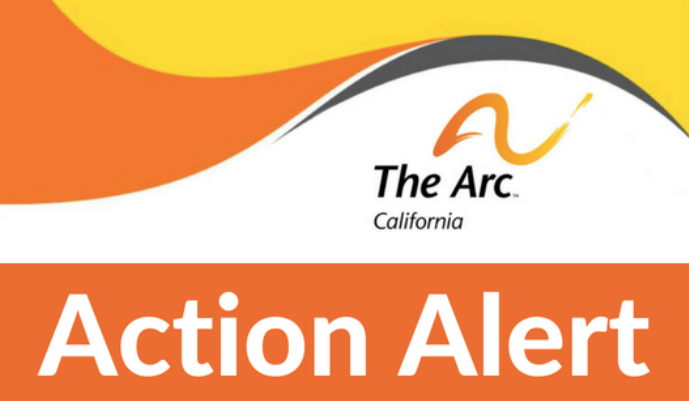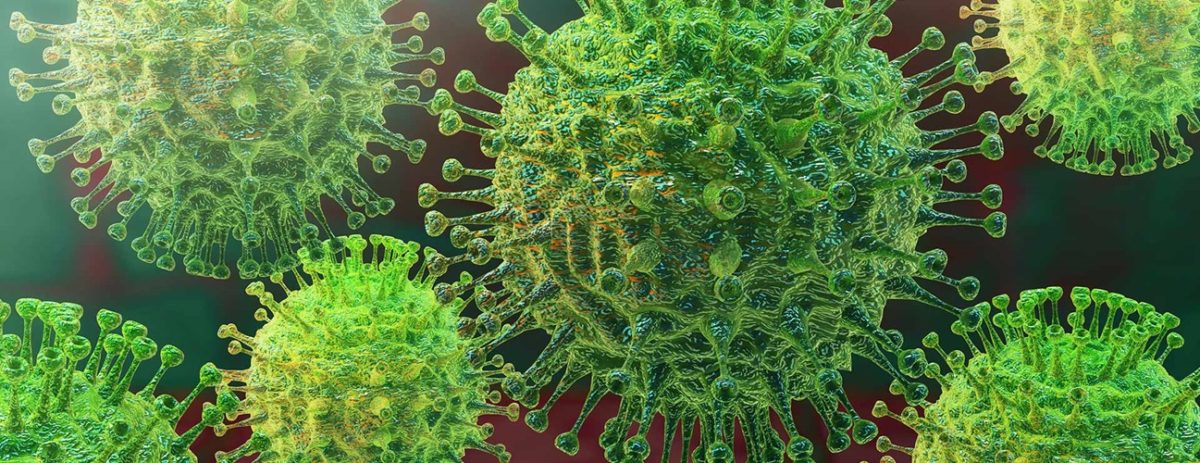Information and resources are developing quickly as we shift to protect ourselves and our communities from COVID-19. This will be an ongoing space linking you to resources from previous Monday Morning Memo articles and a variety of other sources addressing our communities needs during this pandemic.
From The Arc of the United States:
- COVID-19 Resources for People With Disabilities, Families, and Service Providers
- Video update from Senior Policy Director Nicole Jorwic
From the Monday Morning Memo Archives:
- COVID-19 Federal Relief Payments: What People on Social Security Need to Know
- UPDATED: Healthcare Rights for People With Disabilities During COVID-19 Health Crisis
- The COVID-19 Stimulus Package and the Disability Community
- Special Education in the Time of COVID-19: What You Need to Know
- State and Federal COVID-19 Impacts and Information for the I/DD Community
- Accessible Language COVID-19 Resources and Answers to Common Questions
Additional Resources:
- Low Cost Internet for Low Income Households
- California Courts Issue Emergency Rule On Evictions And Foreclosures
- Disability Voices United survey on how individuals with disabilities and families are doing during the coronavirus outbreak
- Coronavirus Scams & Fraud Alert – 2020 Don’t Get Scammed!!!
- COVID-19 Emergency Allotment for CalFresh Recipients
- Coronavirus Scams Fraud Alert
Webinars:
- Telemedicine for People with I/DD is Critical to Achieve Medical Care During COVID-19 & Beyond:
- The Impact of Coronavirus on People Receiving Services at Regional Centers
- Coronavirus Emergency Preparedness Planning for People with Disabilities and Their Families
- Coronavirus and Mental Health
- The Role of the DSP and the Coronavirus Part 1
- The Role of the DSP and the Coronavirus Part 2
- The Role of the DSP and the Coronavirus Part 3







